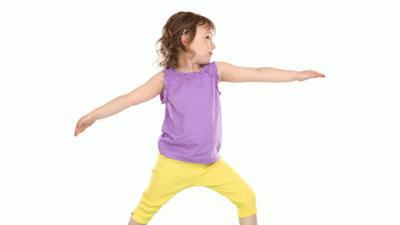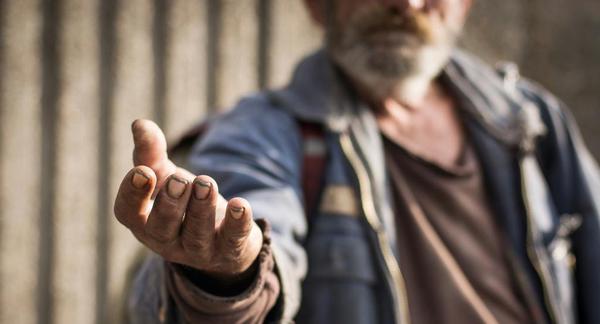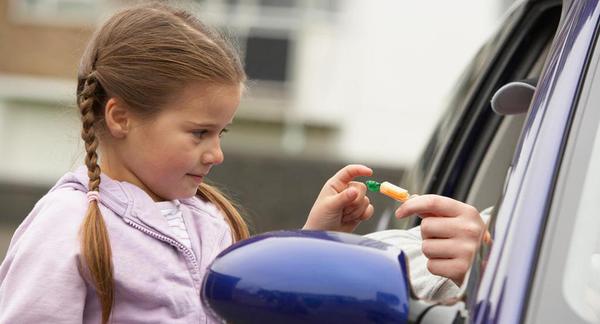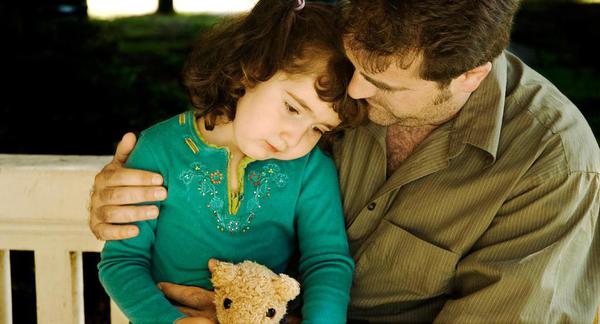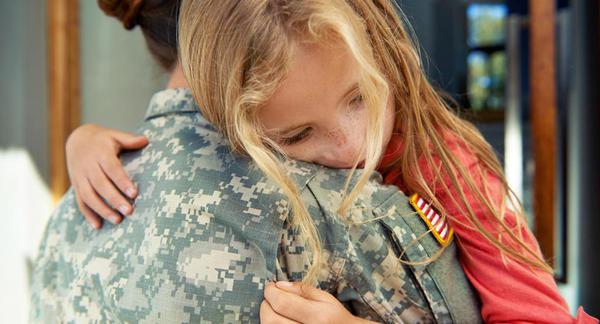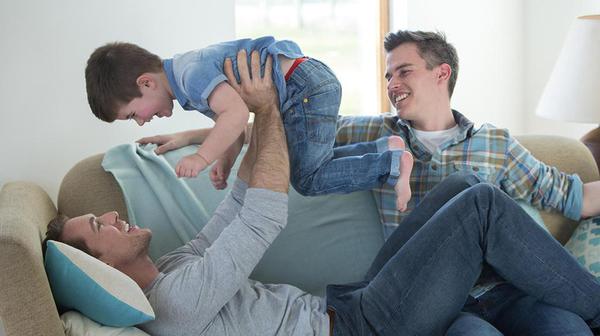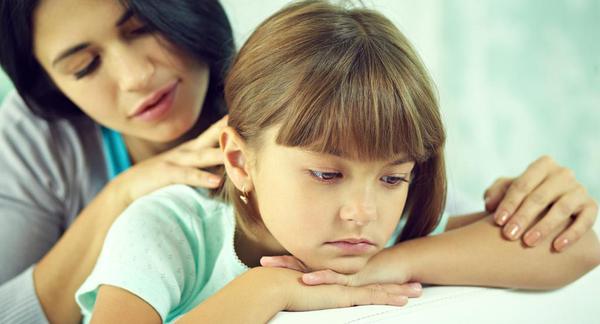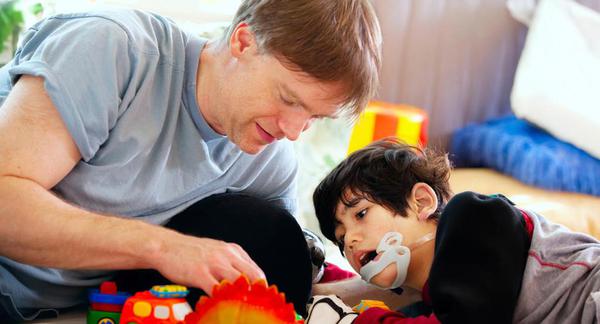
Child deaths from opioids nearly tripled in recent years, says Yale study
Close to 9,000 children and teens in the United States died from opioid poisonings over the last two decades, representing a nearly three-fold increase in mortality rates, Yale researchers said. These findings illustrate how the opioid epidemic continues to evolve and harm children even as efforts to confront the crisis through treatment and limits on opioid prescribing ramp up, they said.
The study was published in JAMA Network Open.
While the high opioid overdose death rate among adults has
The study was published in JAMA Network Open.
While the high opioid overdose death rate among adults has

